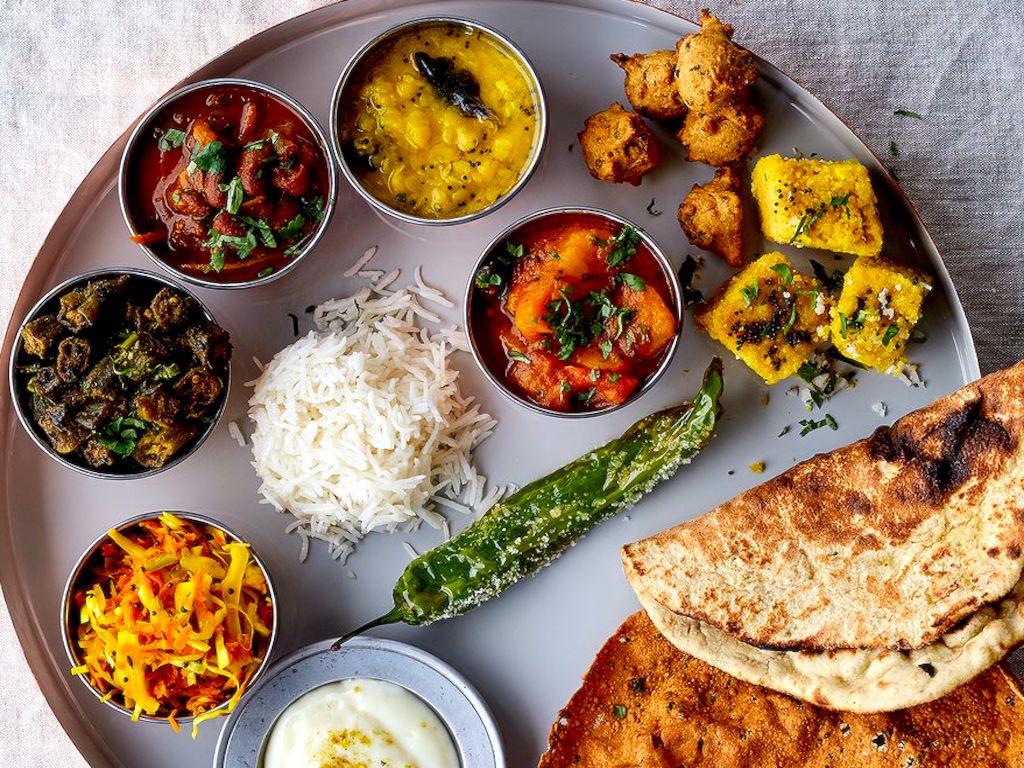3 Mins Read
While India is a country with a long history of vegetarianism, like many other countries that have undergone rapid urbanisation and population growth, the demand for animal protein has been on the steady rise. However, Indian consumers now seem to be making the shift towards plant-based – and here are some signs indicating that the vegan trend has hit the country.
1. Consumers in India eat far less meat than other countries
Despite India being associated with vegetarianism, the majority of Indians – 71% – do consume meat. While that is the case, most Indian consumers do not eat a lot of meat compared to the average American consumer, which may make the plant-based transition that much easier. While per capita consumption of meat in the United States stands at around 25 kilograms, India’s per capita consumption of meat is 4.4 kilograms, making it the second lowest meat consuming country in the world.
2. Many vegan staples can already be found in Indian kitchens
Cereals, legumes, grains, pulses and sprouts – all of these ingredients are typically found in traditional Indian dishes and most Indians have these in their kitchen pantry. But they’re also staples in vegan diets and provide a great source of protein and fibre. Lots of Indian dishes tend to already be plant-based too, such as chana masala, vegetable biryani, dal chawal and dum aloo.
3. Increasing awareness of the environmental impact of animal agriculture
As the climate crisis continues to make headlines, more are becoming conscious about the impact of their food choices and the environment. Animal agriculture drives 18% of global greenhouse emissions – and 63% of India’s total greenhouse gas emissions from agriculture comes from livestock farming. More information about the water and land-intensiveness of livestock farming has further raised the alarm amongst Indian consumers, especially as India is one of the 17 countries most at risk of facing acute water shortages due to climate change.
Empowered with this knowledge, Indian consumers have shown greater willingness to try plant-based products – even more so than their American counterparts, as revealed in a Frontiers report earlier this year.
4. Indian athletes & Bollywood stars are going vegan
Veganism has a celebrity touch all over the world, and it’s no different for India’s famous A-listers. Bollywood stars such as Shahid Kapoor, Kangana Ranaut, Sonam Kapoor and Aamir Khan have pledged to go 100% plant-based. Cricket skipper Virat Kohli and Sunil Chhetri, the captain of the Indian football team, have too adopted veganism and are no doubt influencing other athletes and fans to do the same.
5. Indian food tech companies are making vegan substitutes affordable
India’s first plant-based chicken startup GoodDot operates vegan chain eatery GoodDO, which has several locations across the country. The restaurant chain provides all-vegan versions of classic Indian dishes as well as international fast food fare, with many dishes already reaching price parity with its non-vegan competitors, such as KFC and McDonalds. Another homegrown plant-based brand Goodmylk, on the other hand, is also making vegan food accessible and affordable to Indian consumers by creating a line of dairy-free milk, curd, butter and mayonnaise – all delivered to doors via its online shop and popular grocery app BigBasket.
With affordability and accessibility remaining the biggest obstacle preventing Indian consumers from making sustainable purchasing decisions, food techs delivering these solutions will help drive mass change.
Even more encouraging, the Good Food Institute, a global nonprofit that promotes plant-based and cultivated foods as alternatives to meat, dairy, and eggs, have a dedicated India team working to advance the country’s alternative ecosystem and support local innovators in the space.
Lead image courtesy of Food 52 / Julia Gartland.




